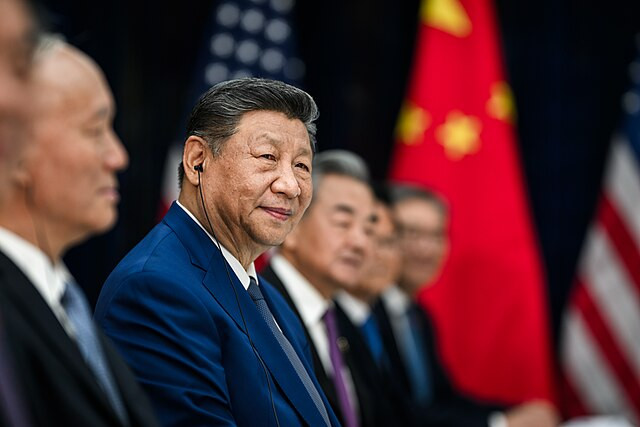China has officially restored group travel to Canada, marking a major step toward rebuilding relations between the two countries after years of diplomatic tension and pandemic-era restrictions. The announcement came just days after Chinese President Xi Jinping met with Canadian Prime Minister Mark Carney in South Korea-their first formal encounter since 2017-on the sidelines of the Asia-Pacific Economic Cooperation summit.
Beijing's foreign ministry confirmed the decision Monday, adding Canada back to the list of approved destinations for Chinese group tours after a nearly three-year absence. Foreign ministry spokeswoman Mao Ning said the move followed a "comprehensive" consideration of Chinese travellers' demands and destination safety.
"The move will further promote people-to-people exchanges and deepen mutual understanding and friendship between the Chinese and Canadian peoples," Mao stated. "We are willing to work with the Canadian side to provide greater convenience for cross-border travel, and we hope Canada will do the same by providing a safe and comfortable travel environment for Chinese tourists."
The policy shift restores a critical tourism pipeline. Before the pandemic, Chinese tourists were among Canada's most lucrative visitors, spending billions annually in major cities such as Vancouver, Toronto, and Montreal. Their sudden absence during the diplomatic freeze and Covid-19 restrictions left a significant gap in the sector, particularly for hospitality and retail businesses dependent on group travel.
The announcement also follows what observers describe as a symbolic thaw between Beijing and Ottawa. Their relationship had deteriorated sharply after the 2018 arrest of Huawei executive Meng Wanzhou in Vancouver and the subsequent detention of two Canadians in China. Both cases were resolved in 2021, but Beijing's continued exclusion of Canada from its approved travel list reflected lingering distrust.
The restoration of group tours signals Beijing's willingness to recalibrate ties through economic and cultural engagement. Analysts note that tourism often serves as a low-risk starting point for broader cooperation, especially when political dialogue remains limited. Canada, eager to revive its pre-pandemic tourism revenues, has welcomed the decision as a sign of easing friction.





